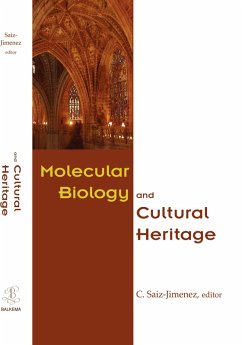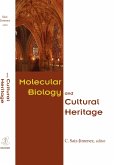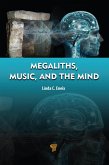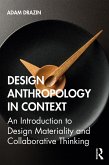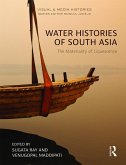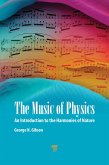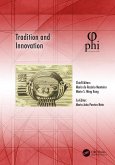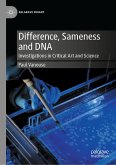This book contains forty reviewed papers delivered at the International Congress on Molecular Biology and Cultural Heritage held in Seville, March 2003. It is divided in four parts, the first one presents the state-of-the-art and reviews molecular techniques applied to the study of microbial communities colonizing monuments and cultural heritage assets. Part two covers specific molecular techniques used in biodetereoration studies, part three includes an updated overview on on-going biodetereoration European Commission projects, and part four presents selected biodetereoration case studies from all over the world.
Dieser Download kann aus rechtlichen Gründen nur mit Rechnungsadresse in A, B, BG, CY, CZ, D, DK, EW, E, FIN, F, GR, HR, H, IRL, I, LT, L, LR, M, NL, PL, P, R, S, SLO, SK ausgeliefert werden.

